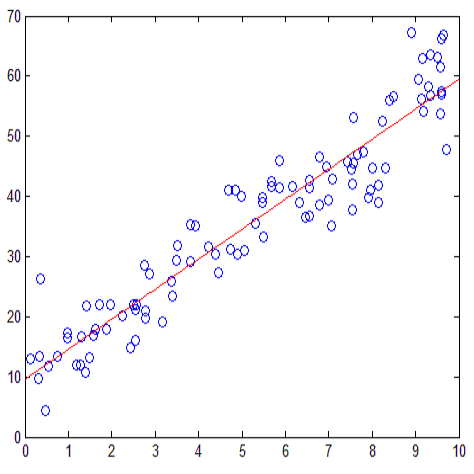This article develops a general theory for minimum-norm interpolated estimators in linear models in the presence of additive, potentially adversarial, errors. In particular, no conditions on the errors are imposed. A quantitative bound for the prediction error is given, relating it to the Rademacher complexity of the covariates, the norm of the minimum norm interpolator of the errors and the shape of the subdifferential around the true parameter. The general theory is illustrated with several examples: the sparse linear model with minimum $\ell_1$-norm or group Lasso penalty interpolation, the low rank trace regression model with nuclear norm minimization, and minimum Euclidean norm interpolation in the linear model. In case of sparsity or low-rank inducing norms, minimum norm interpolation yields a prediction error of the order of the average noise level, provided that the overparameterization is at least a logarithmic factor larger than the number of samples. Lower bounds that show near optimality of the results complement the analysis.
翻译:本条为线性模型中线性模型中最小中上层间插估计者开发了一种一般理论,该模型存在添加剂,可能是对抗性的,差错时不附加任何条件。给出了预测误差的定量约束值,与共差的Rademacher复杂程度、差错最低规范间插器的规范以及真实参数周围的次差形有关。一般理论用几个例子加以说明:最小值为$_1美元-诺尔姆的稀疏线性模型或拉索集团惩罚内插法、最低值为核规范最小化的低级追溯回归模型以及线性模型中最小的欧几里德规范内插法。在夸大或低级诱导规范的情况下,最低标准间插法产生平均噪音水平的预测误差,条件是超度至少是一个大于样品数量的对数系数。显示结果接近最佳性的较低界限补充了分析。



